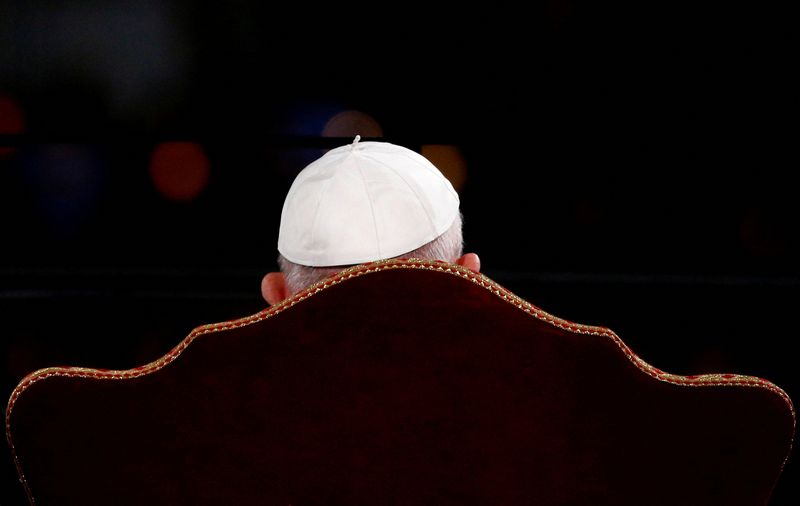(Reuters) – A small Central Texas town will assess on Wednesday the damage left by a tornado that injured 23 people and caused significant damage to buildings, uprooted trees and downed power lines.
The tornado originated in Williamson County at about 5:30 p.m. local time on Tuesday before entering Bell County as it traveled 7 miles (11 km) leaving a path of destruction, Bell County Judge David Blackburn said in a news conference on Tuesday.
“Lots and lots of debris in the path of the tornado, there is not much left,” he said. “Large trees uprooted, overturned, stripped. Buildings reduced to rumble. Powerlines scattered all over the place. It’s pretty devastating.”
Some 23 people were injured and 12 were taken to the hospital, Blackburn said, adding that authorities had accounted for all people.
The majority of the damage was in the outskirts of Salado, a town in Bell County of 2,300 people, about 50 miles north of Austin. Photographs and video footage on social media and local media showed homes suffering extensive damage and debris shrew across yards and roadways.
The system that spawned the tornado brought thunderstorms, high winds, heavy rain and hail across the U.S. Midwest and South.
Ad: Save every day with Amazon Deals: Check out today's daily deals on Amazon.
(Reporting by Brendan O’Brien in Chicago; Editing by Mark Porter)

































